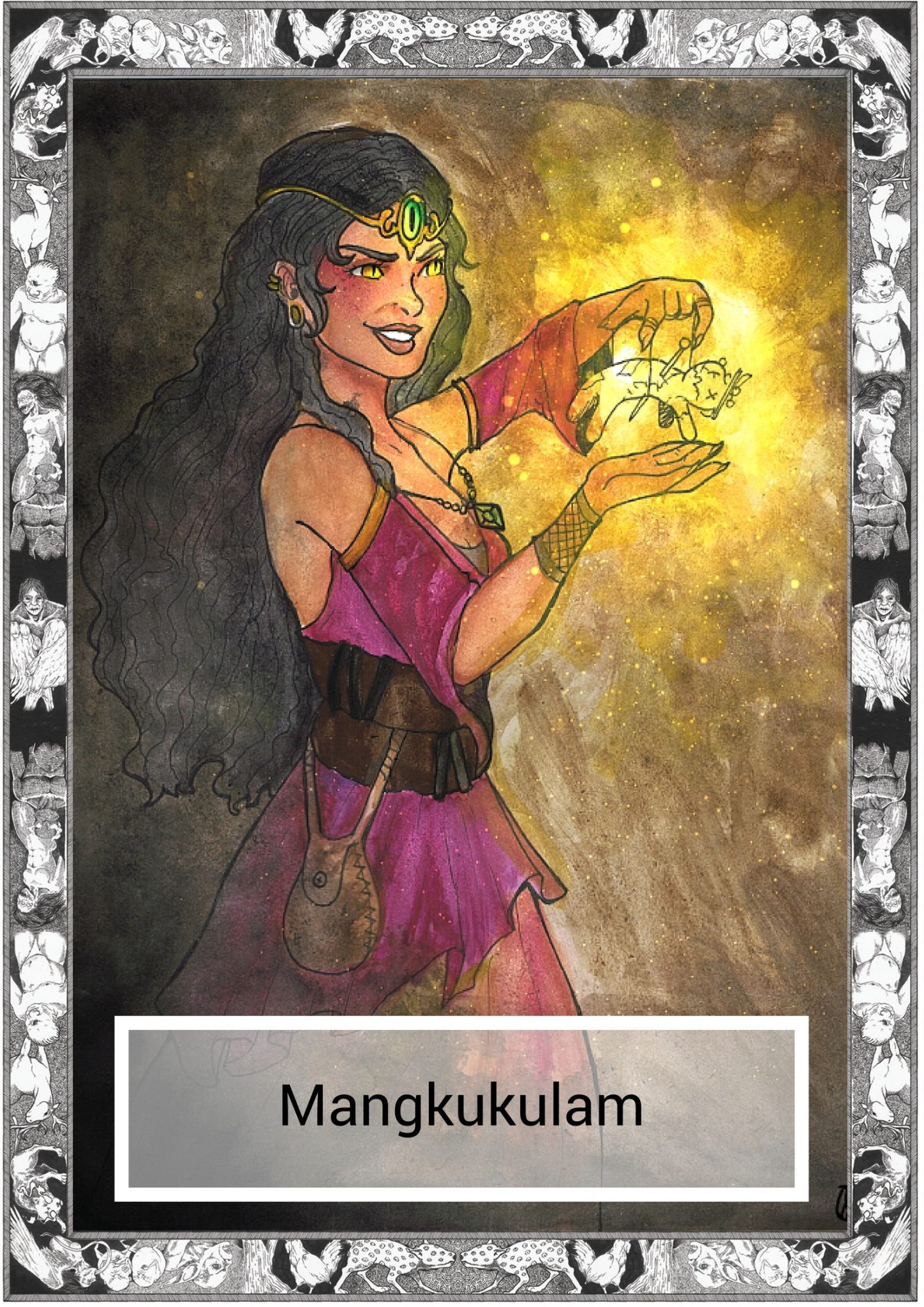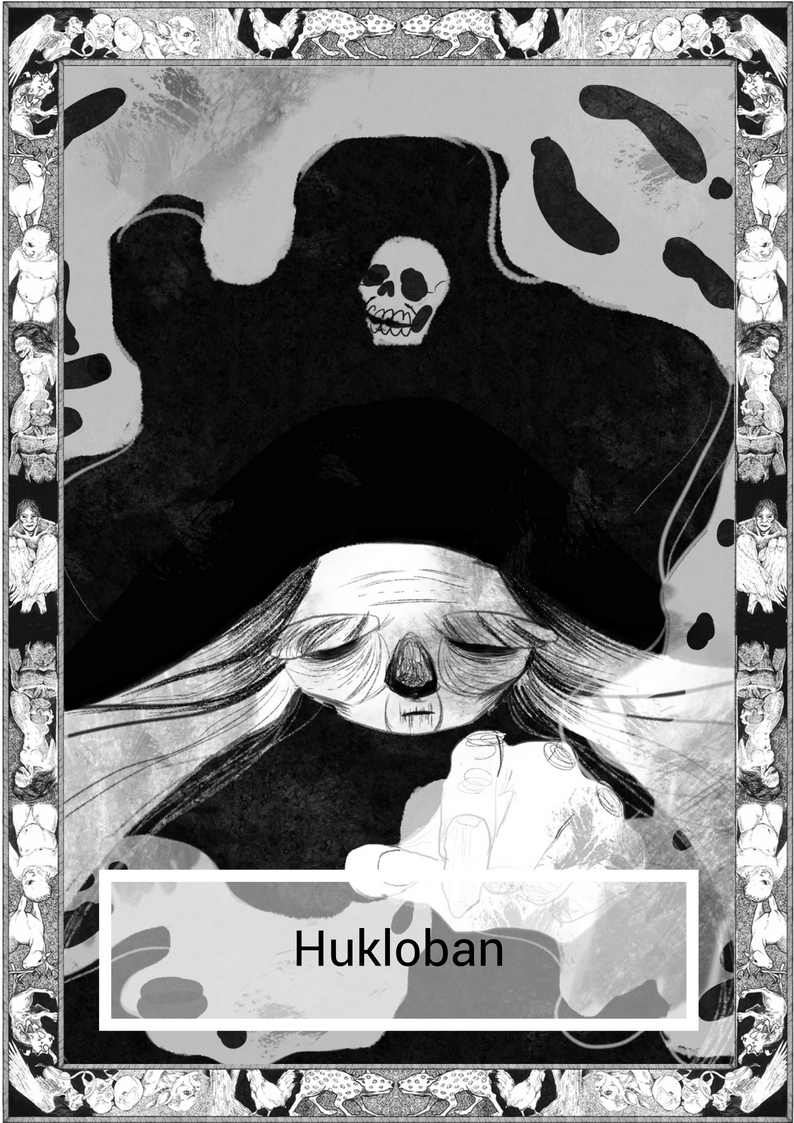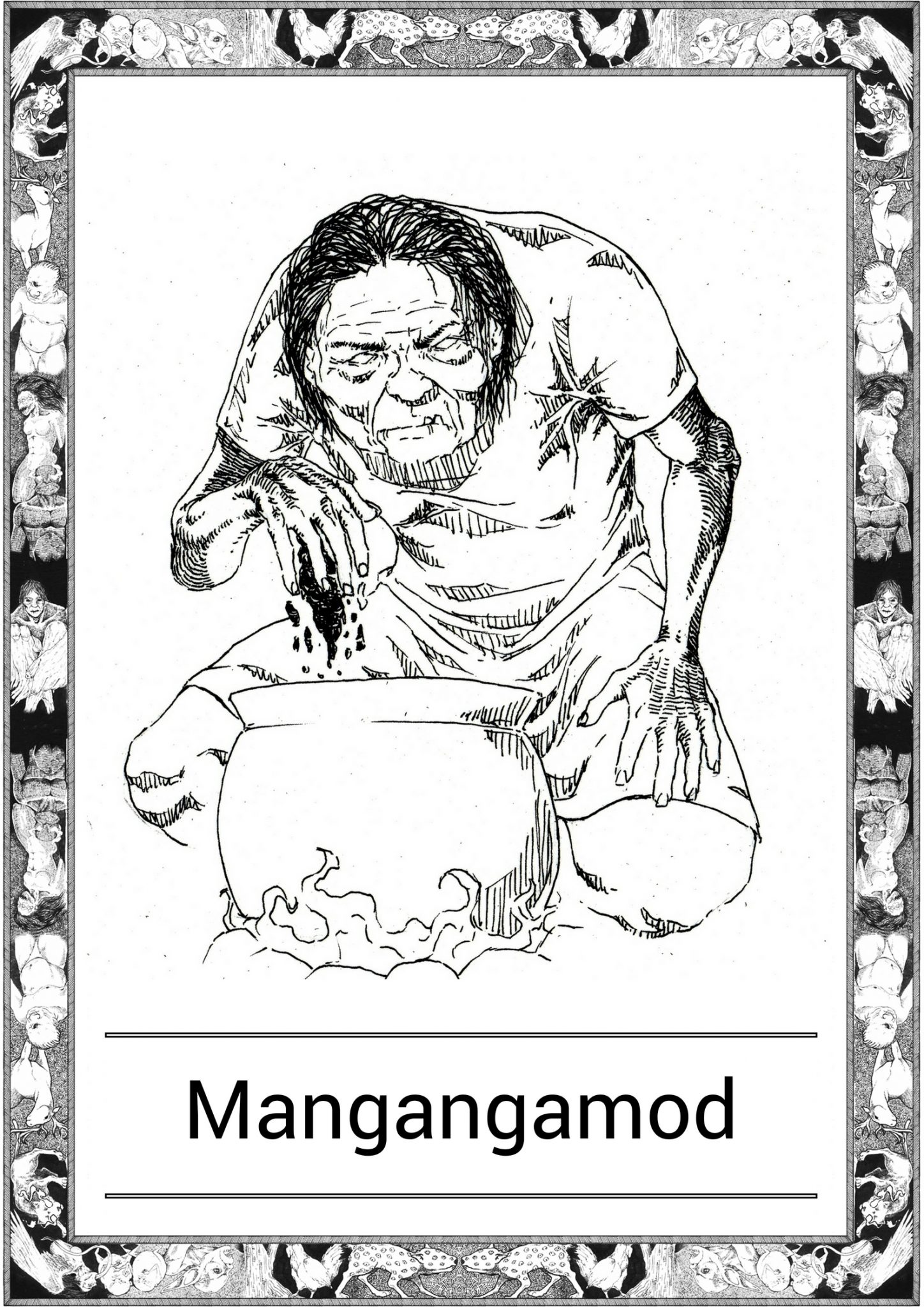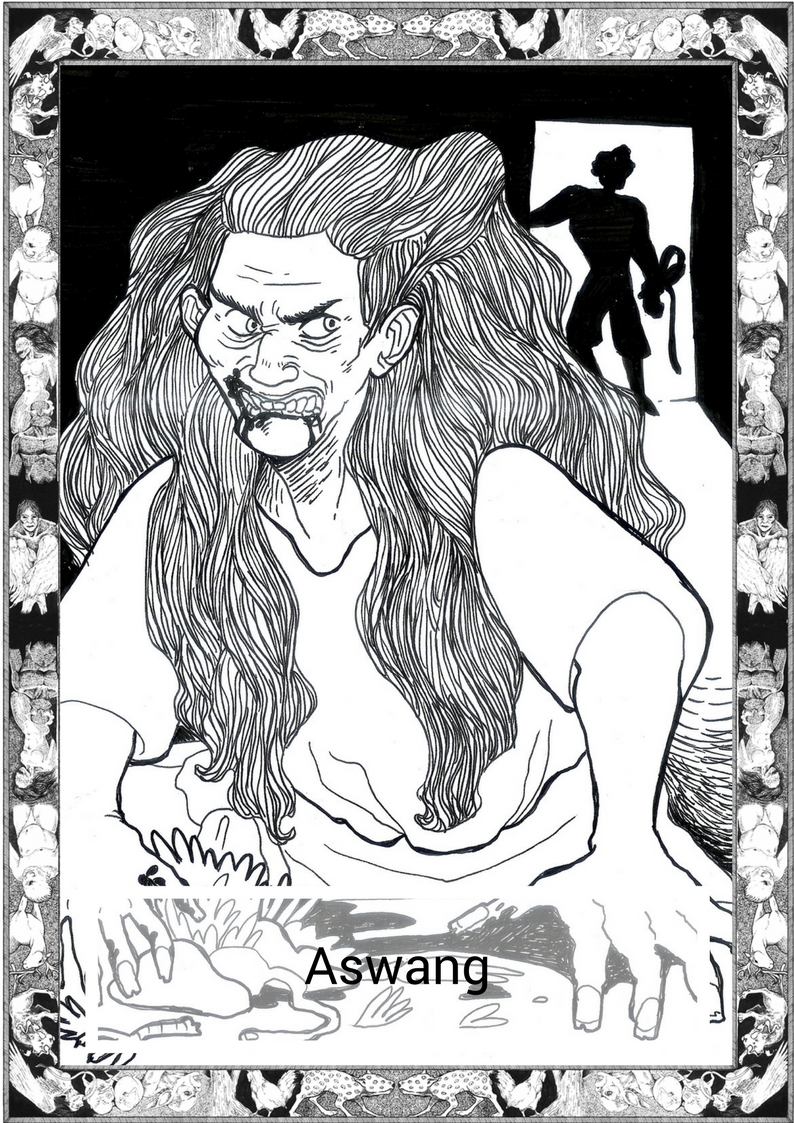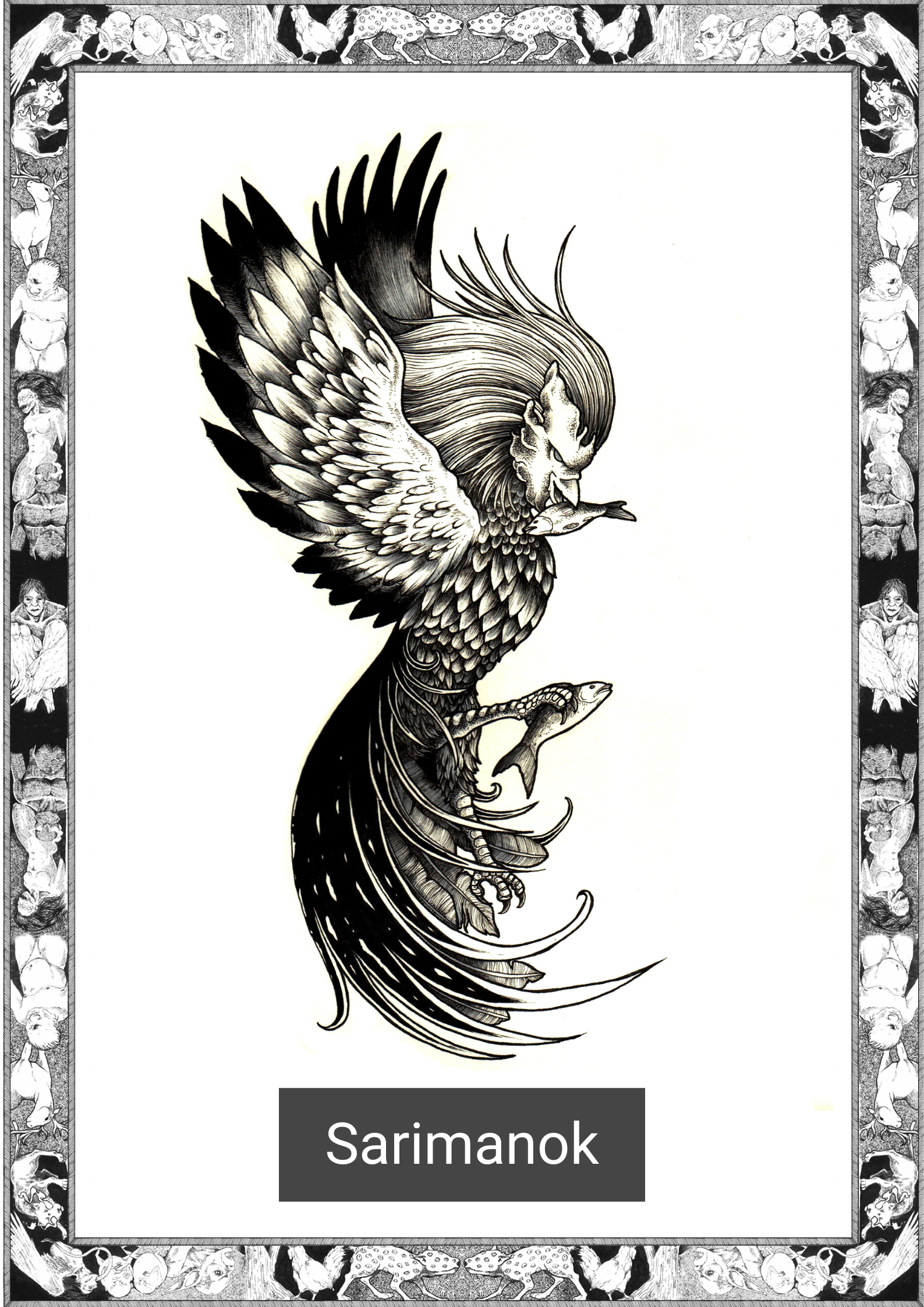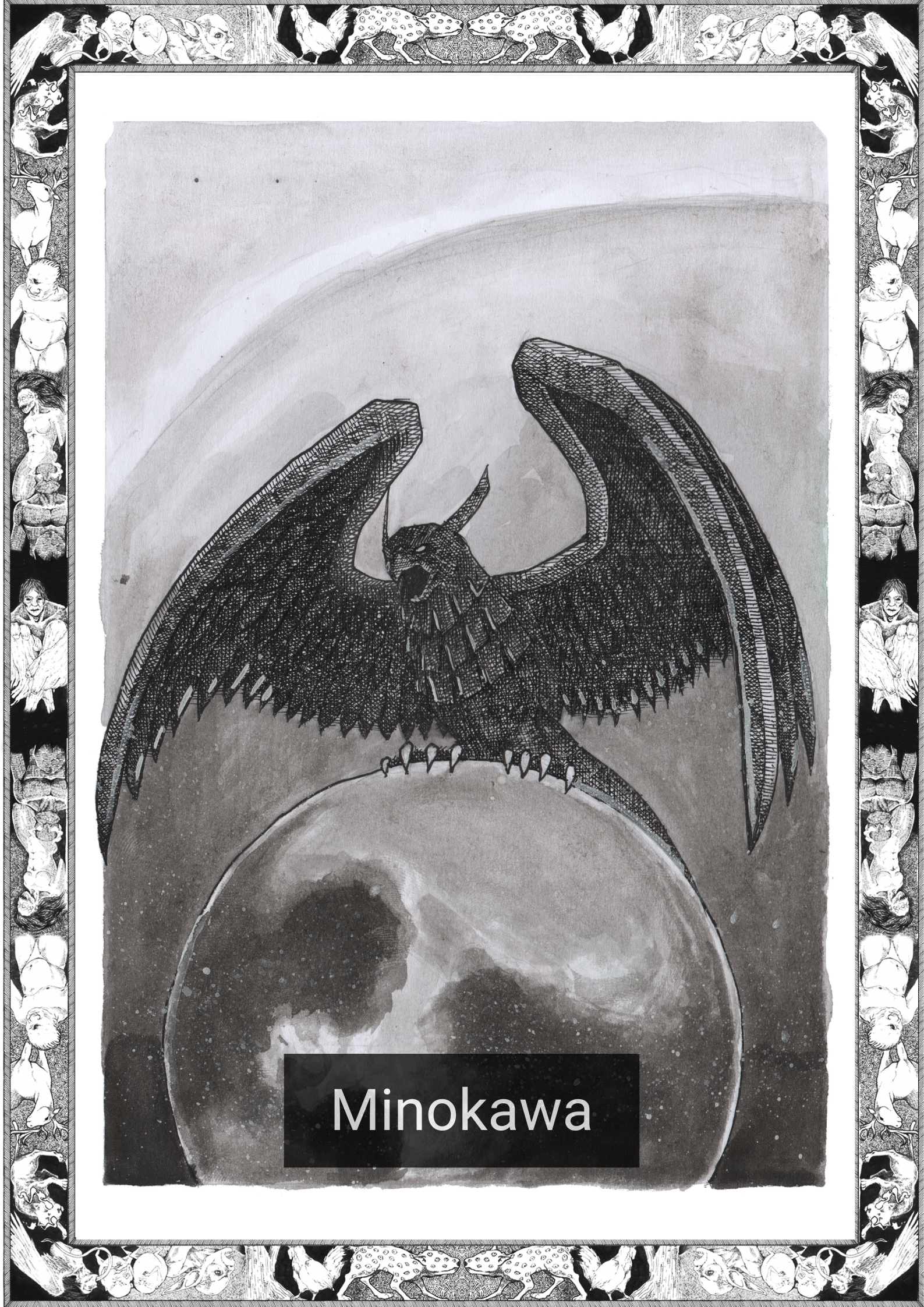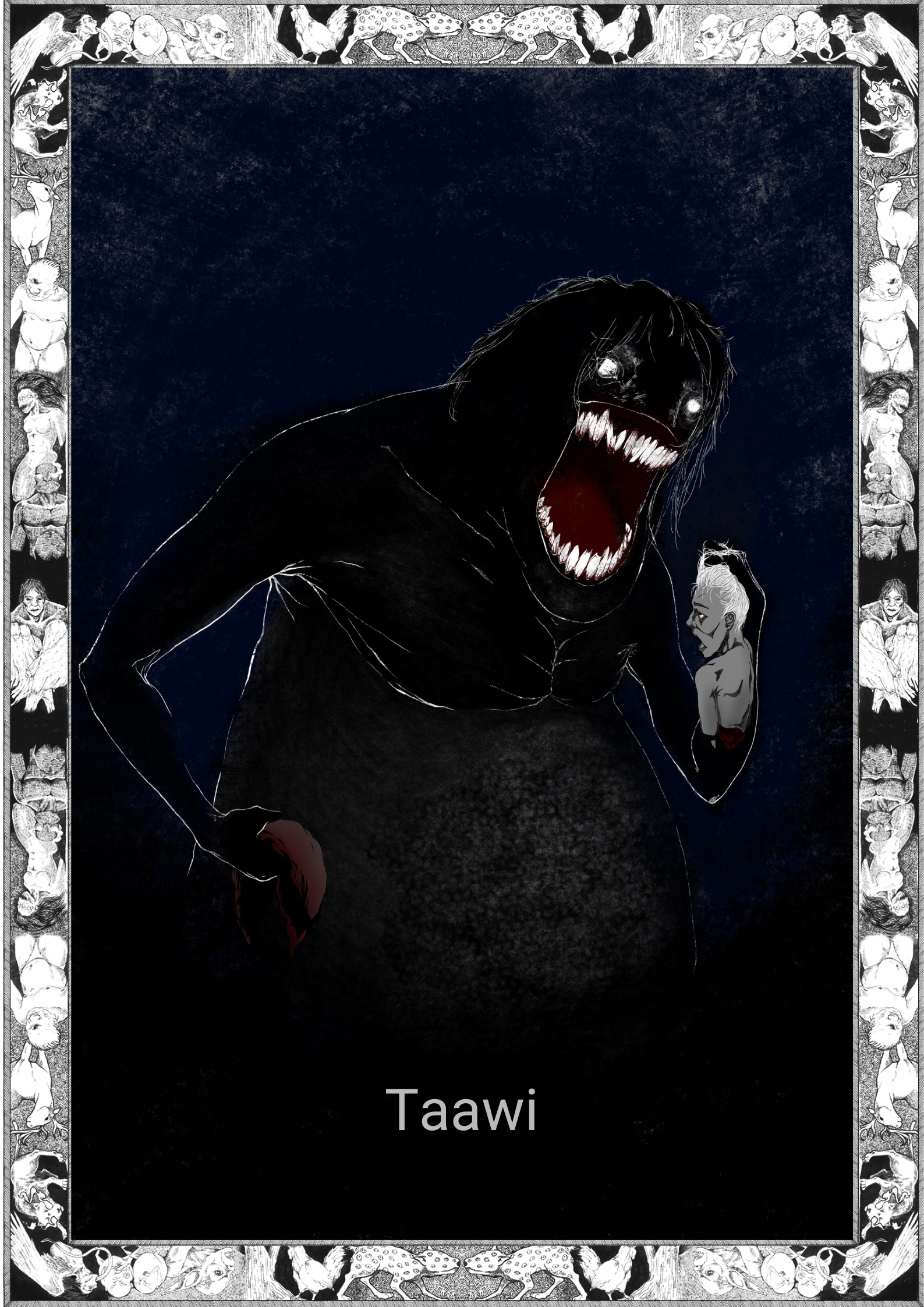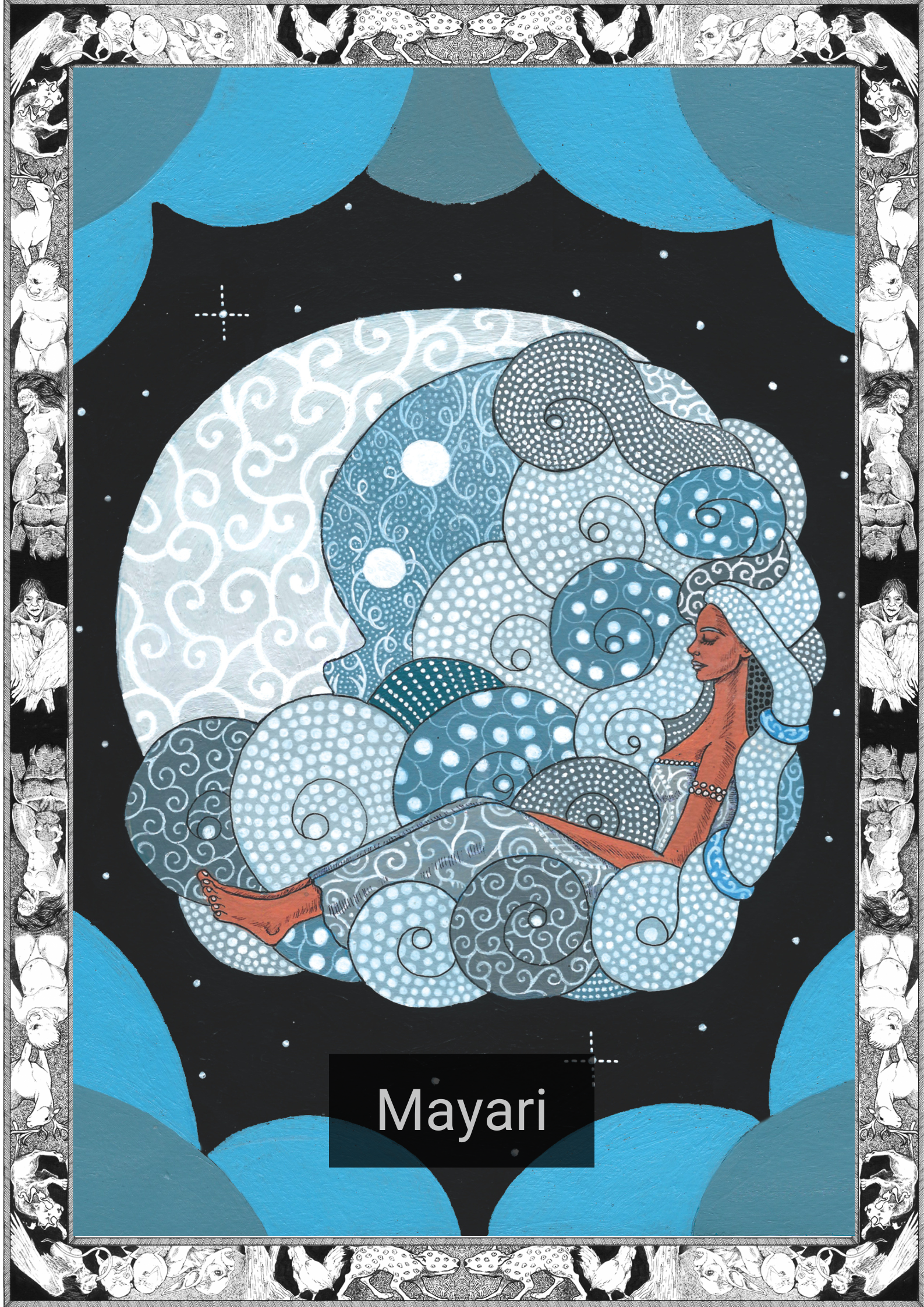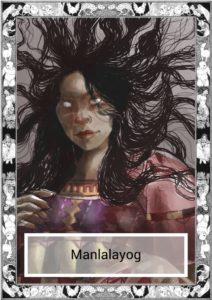
*Note this story is in Cebuano
Danglog ang hangin na inubanan sa baho sa bala ug singot. Ang sundawo wa masayod kung nganong di niya ma-abot ang iyahang komander o bisan kinsa sa iyahang rihiminto, apan nasayod siyang magpabilin sa pag-atubang sa peligro. Di niya biyaan ang iyahang misyon sugo sa iyahang emperador nga angkonon ni’ng mga isla.
Ang langub nga iyahang gitaguan nanimaho’g baklag sa kahugaw apan wa siya’y mabuhat kabahin niini. Ang mga Amerikano miabot ug mihunong sa tanang suplay, wa na siya masayod sa nahitabo sa uban niyang kauban, tingali nangamatay na kini, o mas daotan nadakpan.
Sa matag gabi-i nakapamati siya ug nagkamang nga kahadlok nga adunay nagtanaw sa iyaha. Nagbutang siya ug mga lit-ag alang sa pagkaon, ug kanunay paggalantawon kini niya mataadlaw. Wala siya masayod kung unsay nagpahipi sa kabukiran sa gabi-i, apan usa isa ka sundawo ug iyang andam atubangon na adunay kaisog sa iyang kasingkasing.
Gimingaw siya sa baybayon nga iyang pinuy-anan sa kanhing bata pa siya, gimingaw siya sa pagkaon nga di siya ang mangita, apan labaw sa tanan gimingaw siya sa kahilwasan sa iyang kanhing panimalay.
Ang lumulupyo aning kabukiran nagsaysay ug sugilanon nga nagpahinumdom sa iyahang kabatan-unan, sugilanon sa ispirito sa mga kababayen-an nga adunay tag-as nga buhok. Bahin niya dili mutuo niining mga katawa-anan nga tuotuo, apan laing bahin sa iyang pagkatawo gitawag iyang kalag. Ang kagabhiun sa sundawo napuno sa pagpaabot sa taas ug buhok nga babaye aron siya kuhaon.
Kining yuta sa kalag gitawag nga Manlalayog, apan kung unsa man ang pangalan, nasayod siya kung unsay mabuhat niini sa iyaha. Ang taas nga buhok ang maong maghubas sa iyahang kabatan-unan hangtod sa panit nalang ang mahabilin.
Usa to ka mainit na hapon kanus-a nakakita ang sundawo ug mga hibla sa buhok sulod sa langob. Wala siya masayod kung diin ni gikan, apan nasayod siyang dili kini iyaha.
Kakuyaw ang nisulbong sa tibuok niyang kalawasan, nasayod siya nga adunay patrol sa mga Amerikano sa duol, ug iyang ibalibag iyang kaugalingon sa ilang kaluoy kaysa sa kaluoy nga iyahang damhon sa usa ka multo. Tanan kaisog nga iyang gidahom anaa kaniya nahilis lamang ug kalit.
Midagan siya’g sa paspas nga iyang madagan palayo sa peligro sa iyahang temporaryo nga puluy-anan ug didto sa mga bukton sa iyang labing gikasilagang mga kaaway.
Kini tanan tungod sa pipila ka mga hibla sa taas nga buhok.
English Version
The air was slick with the smell of bullets and sweat. The soldier didn’t know why he could not reach his commander or any of his regiment, but he knew he had to be steadfast in the face of danger. He would not abandon his mission by the emperor to claim these islands.
The cave he was hiding in was fetid with the smell of filth but there was nothing he could do about that. The Americans came in and stopped all line of supply, he did not know what happened to the rest of his comrades, they may have been killed, or worse captured.
Night after night he felt the creeping sense of something that was watching him. He had laid out traps for food, and he always made sure to check them every day. He did not know what lurked in the mountains during the night, but he was a soldier and he would face it with bravery in his heart.
He missed the coast that was his childhood home, he missed having food that he did not have to hunt, but most of all he missed the safety of his old home.
The people of these mountains told tales that reminded him of his boyhood, tales of spirit women with long hair. Part of him did not believe such silly superstition, but another part called out to his soul. The soldier’s nights were filled with waiting for the long haired woman to claim him.
In this land the spirit was called Manlalayog, but whatever the name he knew what she could do to him. The long hair draining his youth until nothing would be left but a husk.
It was a hot afternoon when the soldier found the strands of hair in his cave. He did not know where they came from, but he knew they were not his.
Panic surged though his body, he knew there would be an American patrol nearby, and he could throw himself on their mercy, for what mercy could he expect from a ghost? All the bravery he thought he could possess melted away in that instant.
He ran, faster than he thought he ever could, he ran from the danger of his temporary home and into the arms of his most hated enemies.
All because of a few strands of long hair.
————————–————————–————————–—
*The manlalayog resembles myths of long-haired ghost women in Japanese folklore. American and Filipino soldiers used to tell these stories in hopes of scaring Japanese soldiers hiding in the mountains.
*The Cebuano language, alternatively called Cebuan and also often colloquially albeit informally referred to by most of its speakers simply as Bisaya (“Visayan”, not to be confused with other Visayan languages nor Brunei Bisaya language), is an Austronesian regional language spoken in the Philippines by about 21 million people, mostly in Central Visayas, western parts of Eastern Visayas and most parts of Mindanao, most of whom belong to various Visayan ethnolingusitic groups, mainly the Cebuanos. It is the by far the most widely spoken of the Visayan languages, which are in turn part of wider the Philippine languages. The reference to the language as Bisaya is not encouraged anymore by linguists due to the many languages within the Visayan language group that may be confused with the term. The Komisyon ng Wikang Filipino, the official regulating body of Philippine languages, spells the name of the language as Sebwano.
Written by Karl Gaverza
Cebuano Translation by Dominic G. Quilantang
Copyright © Karl Gaverza
Translation Copyright © Dominic G. Quilantang
Inspired by a tale told by the grandmother of Ian Quirante
Manlalayog Illustration by Maku Felix
FB: Maku Felix
Watercolor by Yanna Gemora
FB: Yannami

